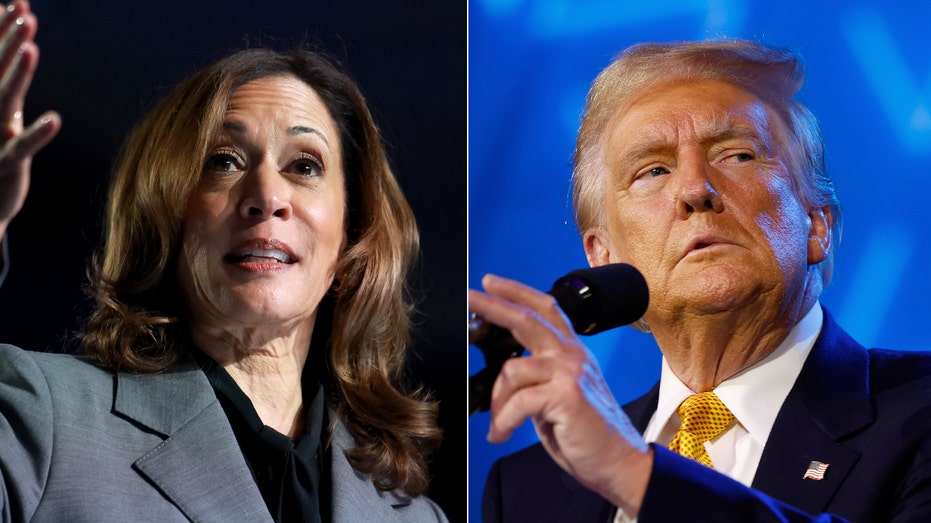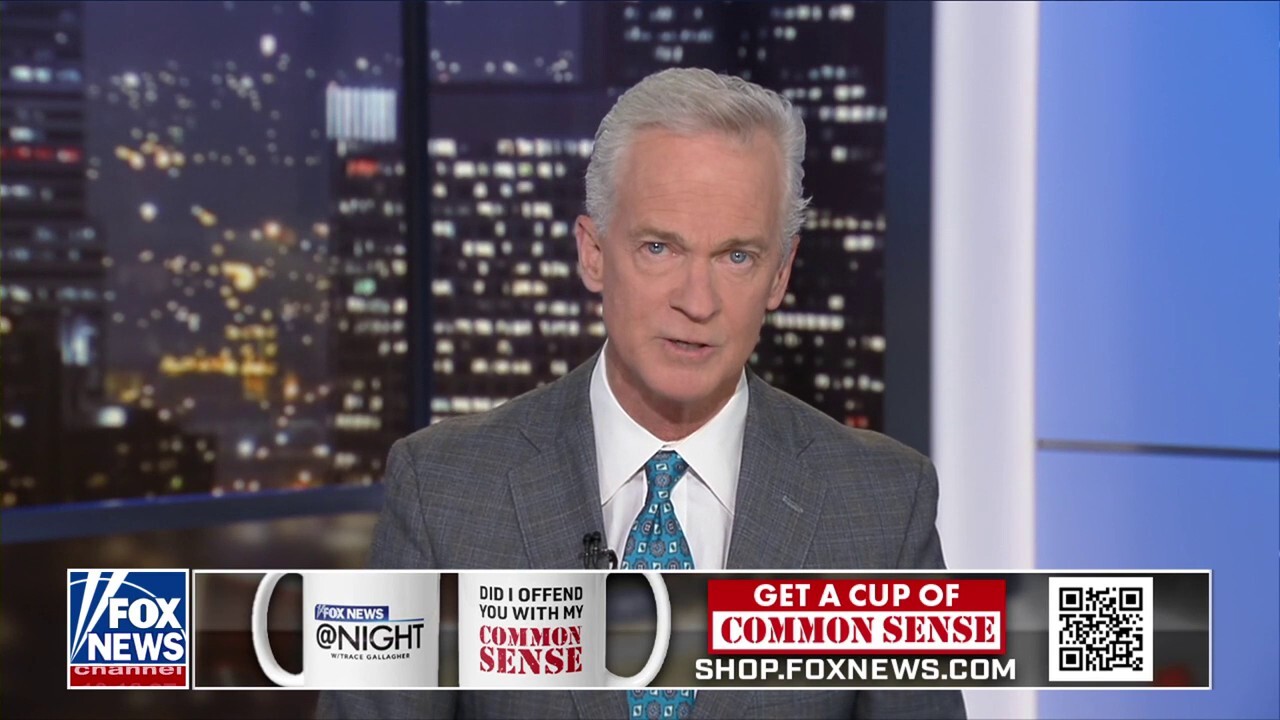
The election is getting close and there are four major Known Unknowns that could influence who wins. The economy, Mideast war, Ukraine and vice presidential debate are deciding factors.
“Events, dear boy, events.” That’s what the late British Prime Minister Harold Macmillan said remain the greatest challenge facing a political campaign. Back in January 2023, I wrote that the 2024 campaign would likely hinge less on the actual campaigns than on a set of “Known-Unknowns,” – the economy, Ukraine, and the Middle East wind up playing out.
At the time, it seemed that President Joe Biden would be running and the GOP nominee wasn’t known. Two years later, Biden has been replaced by Vice President Kamala Harris, and former President Donald Trump easily sailed to the nomination – but those Known-Unknowns remain, even as polls show minimal shifts in public opinion.
There are four that are likely to change voter’s behavior – or not – in the coming weeks.
THE NUMBERS DON’T LIE: TEAMSTERS IN KEY BATTLEGROUNDS SUPPORT TRUMP OVER HARRIS
Will further actions by the Federal Reserve change views of the economy? The Fed just announced a 0.5% cut in interest rates, which helped cause Wall Street to achieve an all-time high, and suggested that the economy has done better than many thought just a few months ago. Polls that had recently given Trump the edge in who the voters trust more on the economy now suggest that Harris and Trump are at parity.
In the coming weeks, more data will come out on whether the economy is growing and whether wages are keeping up with inflation. Any bad news on that front may help Trump regain the advantage on the economy – which some believe is the key factor in undecided voters making their vote choice.
Does Israel’s multi-front war further deteriorate and make the Biden-Harris administration look feckless? Following the October 7th massacre of 1,200 Israelis, the Biden administration has sought to facilitate a deal to free the hostages still held by Hamas in Gaza – and prevent the war from fully engulfing Hezbollah in Lebanon, as well as Iran, which funds both Hamas and Hezbollah.
Despite multiple trips by U.S. representatives in the region, the U.S. has failed to achieve a ceasefire, nor has it been able to achieve the release of the remaining hostages. A negotiated end to the current war would possibly help Harris, but that seems highly unlikely at this late date. Conversely, if the conflict expands to a full-scale war with Hezbollah, it would give Trump an opportunity to highlight the incumbent administration’s inability to control the situation.
Does the Ukraine War look to be better than a stalemate and a war of attrition with Russia? In recent weeks, Ukraine’s decision – without the U.S. blessing – to invade and capture territory in Russia seems to have allowed Ukraine to appear more like the plucky successful defenders that initially pushed Russia back in 2022. Ukraine President Volodymyr Zelenskyy has been visiting Biden and Harris at the White House.
Given that Trump has claimed that he could end the war quickly, and given that he pointedly chooses not to say that he wants Ukraine to win the war, and given that polls continue to show that most Americans support the Ukrainian war effort, any signs that the Biden-Harris administration is having an impact in helping them achieve that could redound to Harris’s benefit.
Appalachian Aggression vs. Minnesota Knice™ on October 1. The conventional wisdom is that vice presidents don’t matter. That’s the conventional wisdom, but in three of the last six elections – 2000, 2012, and 2016 – the Vice Presidential Debate actually changed the trajectory of the election.
CLICK HERE FOR MORE FOX NEWS OPINION
Republican Dick Cheney (2000) decisively won his debate against Democrat Joe Lieberman; then-vice President Joe Biden (2012) was able to arrest Obama’s falls after his bad first debate; and similarly, Republican VP candidate Mike Pence was able to change Trump’s polling trajectory after his bad performance in the first debate against Hillary Clinton.
This year, while GOP Candidate JD Vance seems to be polling poorly, he’s proven himself highly effective in many interviews, his legal background may help him make the case against Democrat Tim Walz, and he knows how to embody the grievances that have fueled the MAGA movement.
That said, Walz may appear folksy, but he knows how to throw a populist punch as well (How often does he mention Vance and Yale in the same sentence?). Both these Midwesterners are shrewd – and they’ll be armed to try to affect the trajectory of the race.
Those are just the Four “Known-Unknowns.” Then there’s always the possibility of “Unknown-Unknowns” – for example a terrorist act that might bring into focus the sense of the different approaches to terrorism that Trump and Harris appear to represent. One has no idea how it – or something else – may play out.
Political analysts like to focus on the dynamics of campaigns: fundraising, digital and television ad spending, press conferences, and so-called “Get-Out-The-Vote” efforts. But, if one really wants to know what’s going to happen in an election, it’s usually worth looking outside the campaign and study what the voters are experiencing.
